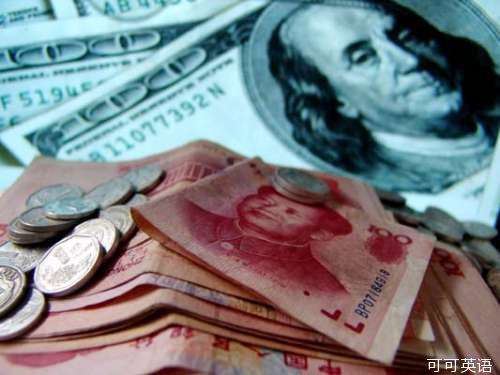
The Chinese yuan's relentless appreciation may be drawing to a close for now, and that could end up creating a challenging liquidity squeeze later, according to UBS.
瑞银(UBS)发布报告称,人民币的持续升值可能会暂时告一段落,这可能会在晚些时候给中国带来流动性紧张风险。
After hitting a series of record highs against the U.S. dollar earlier this year, the yuan last week fell by the most in three years. UBS said in a research note on Monday that the Chinese government appears to want increased flexibility in the yuan's exchange rate, rather than continued strengthening.
继今年早些时候屡创纪录新高后,人民币兑美元上周下跌,创出三年来最大跌幅。瑞银在周一的研究报告中称,中国政府似乎想提高人民币汇率的弹性,而不是让人民币继续升值。
The yuan will likely remain in a range around 6.1 to the U.S. dollar this year, but with increased two-way volatility, it said.
瑞银称,人民币汇率今年可能保持在围绕1美元兑人民币6.1元左右的区间,但双向波动性将有所加剧。
'We think the recent weakening of the [yuan] is likely government-guided and may signal a change in China's exchange-rate policy,' UBS said.
瑞银称,我们认为近期人民币的疲软可能是受政府所引导,或许暗示中国汇率政策将出现调整。
China exercises strict control over the currency. The People's Bank of China sets a daily reference rate for the yuan, allowing it to trade 1% higher or lower each day. Last week the PBOC guided the currency lower through its reference rate.
中国对人民币汇率实施严格的控制。中国央行每日为人民币设定中间价,允许人民币围绕每日中间价上下1%波动。中国央行上周通过调整中间价引导人民币走低。
The yuan's consistent appreciation has attracted inflows of 'hot money' seeking to profit from its rise and the big differential between yuan and dollar interest rates. This has complicated the Chinese government's efforts to curb credit growth, and UBS said the yuan's 2013 gain of 3% against a dollar that was strengthening against the currencies of its trading partners would also limit the strength of China's export recovery this year.
人民币的不断升值已吸引大量“热钱”流入,因为投资者希望从人民币升值以及人民币和美元之间的巨大息差中获利。这加大了中国政府控制信贷增长的难度。瑞银称,2013年全年人民币兑美元升值了3%,而美元兑其贸易伙伴货币走强,这一因素也将限制中国出口今年的复苏势头。
Still, any move by China to limit the currency's appreciation is likely to also curb inflows of funds, and may even prompt a sudden and large reversal of those flows, UBS said.
不过瑞银称,如果中国采取抑制人民币升值的举措,可能也会遏制资本的流入,甚至可能引发资本流入局面的突然、急剧逆转。
Hot money inflows--defined as net capital inflows not intended for foreign direct investment --accounted for more than $150 billion of the $433 billion increase in China's foreign-exchange reserves in 2013, UBS said. That includes capital inflows disguised as trade through, for example, the over-invoicing of exports, as well as increased foreign borrowing by Chinese companies and banks.
瑞银称,2013年中国增加外汇储备约4,330亿美元,其中超过1,500亿美元来自“热钱”流入(定义为 资本流入,不以对外直接投资为目的)。这其中包括了通过抬高出口发票金额等方式伪装成贸易往来的资本流入,以及新增的中国企业和银行对外借款。
UBS said a reversal of such funds may not necessarily result in a sharp credit tightening in China, but it could squeeze liquidity and create challenges for the central bank. 'The central bank needs to react quickly and decisively to offset such contraction either through open market operations, other liquidity-injection facilities, or by cutting the still high reserve requirements and relax rules on loan-to-deposit ratios,' it said.
瑞银说,这种资金流动的逆转不一定会导致中国信贷大幅收紧,但可能会造成流动性紧张并给中国央行带来挑战。瑞银说,中国央行需要迅速、果断地做出反应以抵消这种收紧影响,可以通过公开市场操作、流动性注入工具,或者降低仍然较高的准备金要求以及放松存贷比规定来实现。
However, it noted that such moves 'may not always be seamless and without glitch. As a result, we could see volatility in the interbank market and in overall credit growth.'
不过,瑞银指出,这类手段并不总是完美、没有缺陷的,所以我们可能会看到中国银行间市场和总体信贷增长出现波动。


